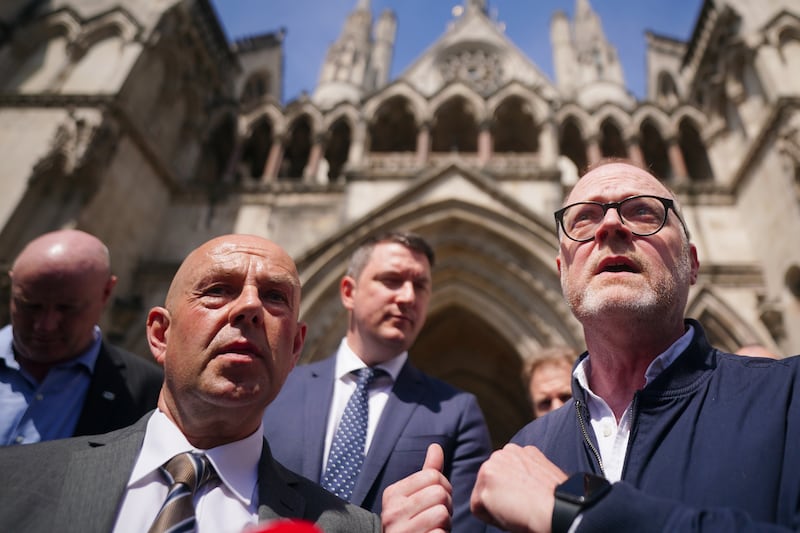In the space of a month since the EU referendum, the Conservative Party has seen the resignation of a prime minister, a spate of vicious infighting followed by a brief leadership contest and the appointment of a new leader and prime minister.
In the same period, the Labour Party has descended into bloody civil war, with mass front bench resignations, an overwhelming vote of no confidence in Jeremy Corbyn and open mutiny in Westminster.
We have also seen Angela Eagle call for Mr Corbyn to resign, announce a leadership bid and then quickly withdraw after little-known Welsh MP Owen Smith entered the contest.
Meanwhile, the party's ruling executive changed the rules on who could vote in that contest and, crucially, ensured Mr Corbyn's name was automatically on the ballot.
Having looked as though he was on the brink of quitting, Mr Corbyn has clung on and appears to relish the fight to stay in office.
He is dismissive of the parliamentary revolt, pointing to the thousands of grassroots members who elected him by a landslide last year.
This was largely achieved by the 112,000 who joined Labour last summer for a fee of just £3. This time the party declared that anyone who wanted to become a registered member with a vote in the forthcoming leadership contest would have to pay £25.
Any thought that this would put people off was swiftly dispelled when an astonishing 183,000 signed up in the space of just 48 hours.
It is not clear how many have joined to support Mr Corbyn but this high number is being seen as a hugely positive development for his campaign.
If he wins the leadership election the problems within Labour will not go away and it is difficult to see how the parliamentary party will unite behind him.
In this post-Brexit period, with so many far-reaching issues needing to be addressed, it is a bad time for Westminster to be without an effective opposition.






